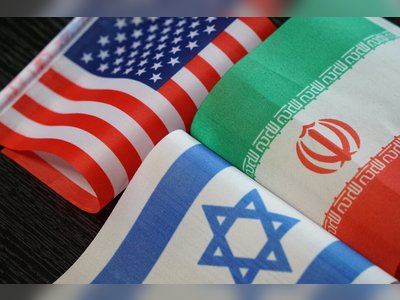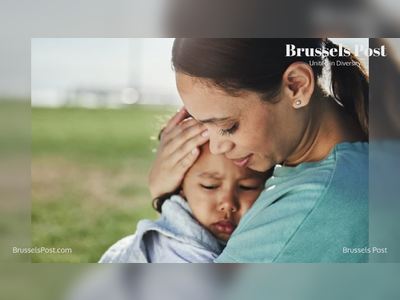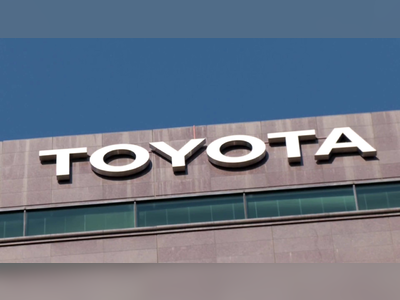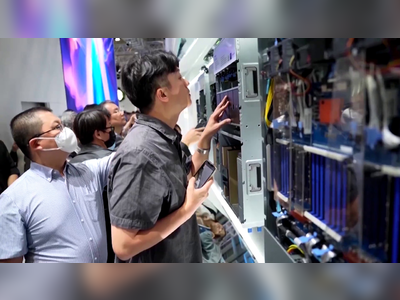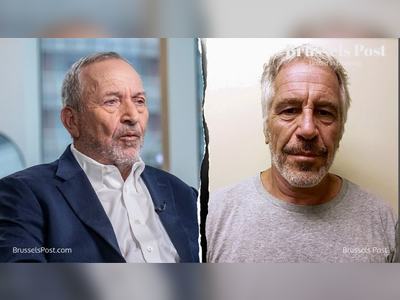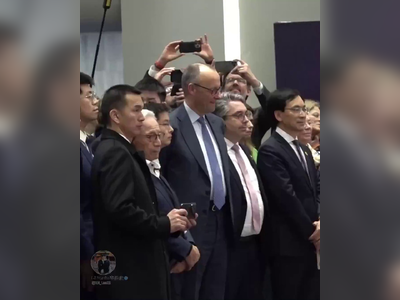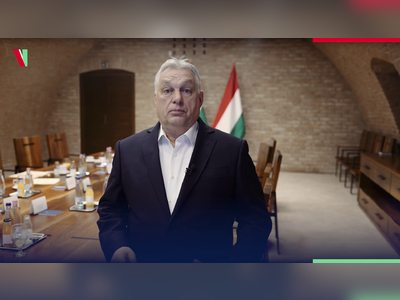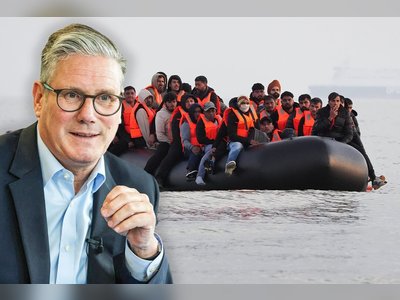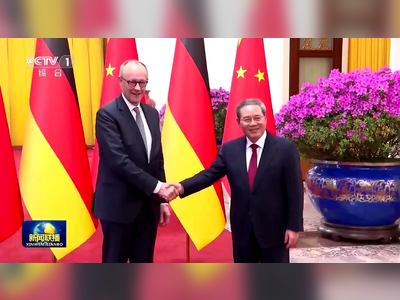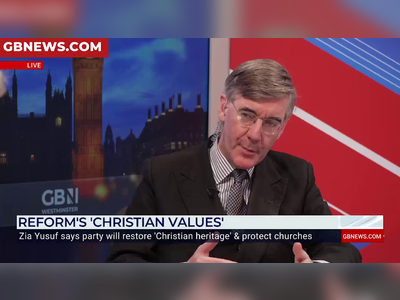
Pope Francis Addresses Clerical Abuse and Historical Injustices During Visit to Belgium
Pope Francis emphasizes the need for healing within the Church amidst longstanding scandals during his first visit to Belgium in nearly 30 years.
Pope Francis commenced a four-day visit to Belgium, marking the first papal visit to the country in almost three decades, since Pope John Paul II in 1995. The Pope's itinerary includes stops in Leuven, Brussels, and Louvain-la-Neuve, coinciding with the 600th anniversary celebrations of the Catholic University of Leuven.
He arrived in Belgium from Luxembourg and was welcomed at Brussels Airport by King Filip of Belgium, albeit to inclement weather conditions.
On Friday, September 27, during a speech addressed to civil authorities in Leuven, Pope Francis highlighted the tragic instances of child abuse that have surfaced within the Belgian Catholic Church.
He acknowledged recent scandals involving clerical sexual abuse and the historical forceful adoption practices conducted by Church institutions.
Reports indicate that an official inquiry estimated approximately 30,000 children were forcibly adopted by Catholic nuns between 1950 and 1980, mostly involving children of unmarried women whose pregnancies were kept secret.
The clerical abuse crisis in Belgium has led to over 700 reports being filed with authorities since 2012, prompting Pope Francis to address these concerns directly.
In his remarks, he acknowledged the Church's commitment to confronting these issues by actively listening to and accompanying survivors, and implementing preventative measures on a global scale.
During his speech, the Pope expressed sadness over the forced adoption practices that occurred between the 1950s and 1970s, framing these actions within the societal norms of the time, which often viewed adoption as beneficial for both the mother and child.
He urged leaders to learn from Belgium's history to avert future injustices.
Pope Francis characterized Belgium as a 'bridge' between diverse cultures and regions of Europe, acknowledging its historical significance post-World War II as a center for European cooperation and integration.
He emphasized the importance of maintaining peace and dialogue among nations, warning against the perils of nationalism and conflict.
His visit culminates on Sunday with a Mass scheduled at the King Baudouin Stadium, where over 3,000 attendees are expected.
This visit reflects Pope Francis's ongoing commitment to address past wrongs within the Church while fostering healing and reconciliation.
He arrived in Belgium from Luxembourg and was welcomed at Brussels Airport by King Filip of Belgium, albeit to inclement weather conditions.
On Friday, September 27, during a speech addressed to civil authorities in Leuven, Pope Francis highlighted the tragic instances of child abuse that have surfaced within the Belgian Catholic Church.
He acknowledged recent scandals involving clerical sexual abuse and the historical forceful adoption practices conducted by Church institutions.
Reports indicate that an official inquiry estimated approximately 30,000 children were forcibly adopted by Catholic nuns between 1950 and 1980, mostly involving children of unmarried women whose pregnancies were kept secret.
The clerical abuse crisis in Belgium has led to over 700 reports being filed with authorities since 2012, prompting Pope Francis to address these concerns directly.
In his remarks, he acknowledged the Church's commitment to confronting these issues by actively listening to and accompanying survivors, and implementing preventative measures on a global scale.
During his speech, the Pope expressed sadness over the forced adoption practices that occurred between the 1950s and 1970s, framing these actions within the societal norms of the time, which often viewed adoption as beneficial for both the mother and child.
He urged leaders to learn from Belgium's history to avert future injustices.
Pope Francis characterized Belgium as a 'bridge' between diverse cultures and regions of Europe, acknowledging its historical significance post-World War II as a center for European cooperation and integration.
He emphasized the importance of maintaining peace and dialogue among nations, warning against the perils of nationalism and conflict.
His visit culminates on Sunday with a Mass scheduled at the King Baudouin Stadium, where over 3,000 attendees are expected.
This visit reflects Pope Francis's ongoing commitment to address past wrongs within the Church while fostering healing and reconciliation.
AI Disclaimer: An advanced artificial intelligence (AI) system generated the content of this page on its own. This innovative technology conducts extensive research from a variety of reliable sources, performs rigorous fact-checking and verification, cleans up and balances biased or manipulated content, and presents a minimal factual summary that is just enough yet essential for you to function as an informed and educated citizen. Please keep in mind, however, that this system is an evolving technology, and as a result, the article may contain accidental inaccuracies or errors. We urge you to help us improve our site by reporting any inaccuracies you find using the "Contact Us" link at the bottom of this page. Your helpful feedback helps us improve our system and deliver more precise content. When you find an article of interest here, please look for the full and extensive coverage of this topic in traditional news sources, as they are written by professional journalists that we try to support, not replace. We appreciate your understanding and assistance.
